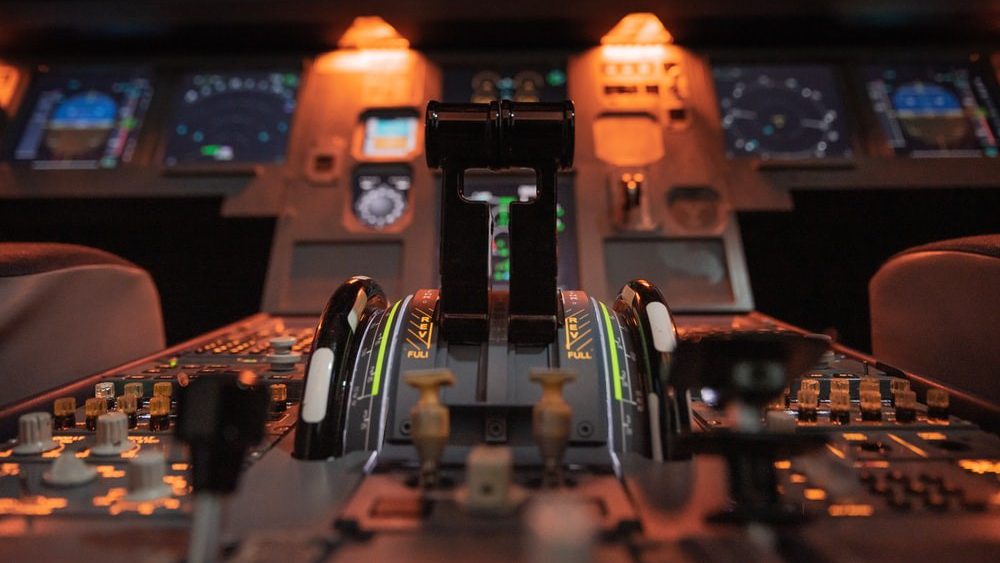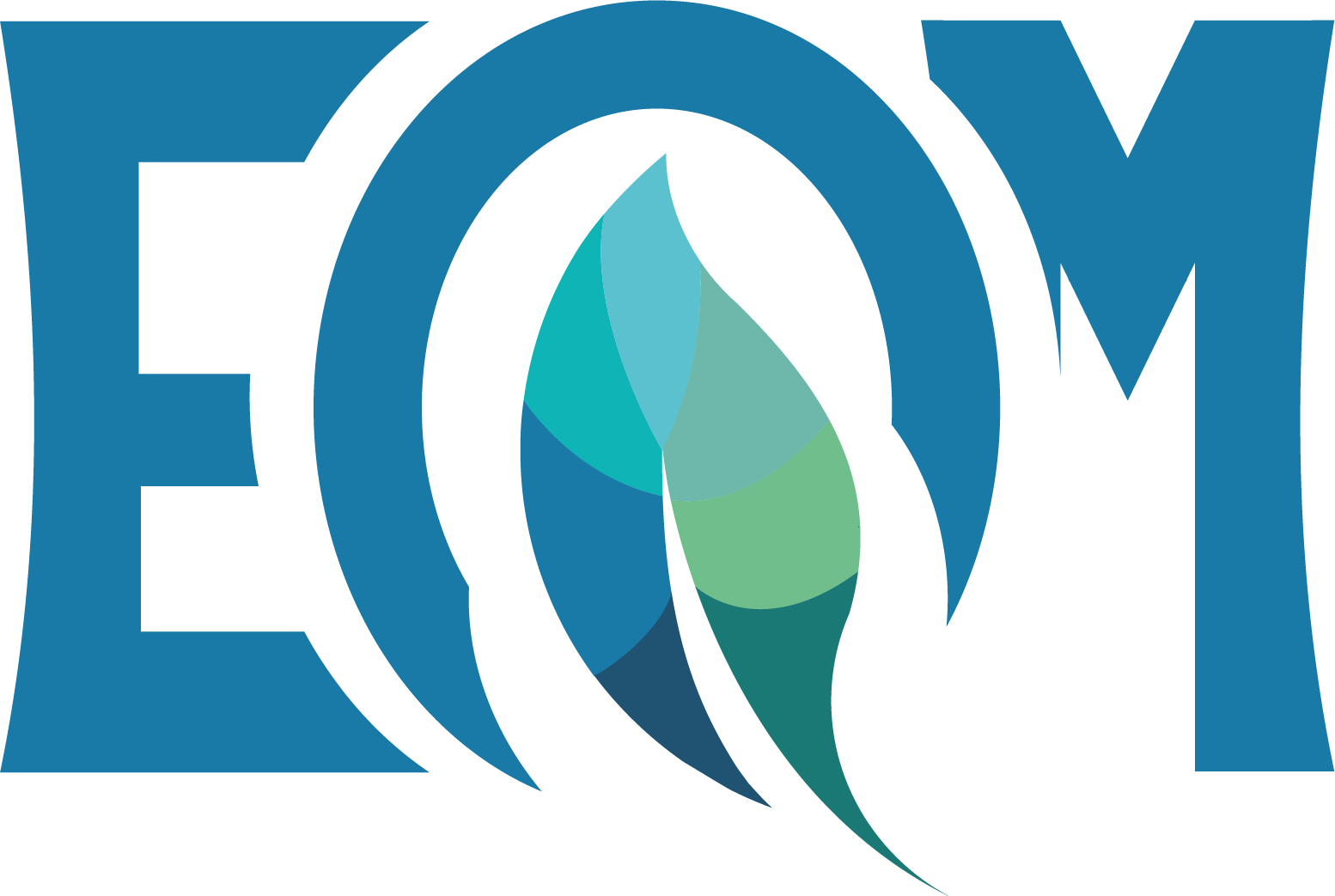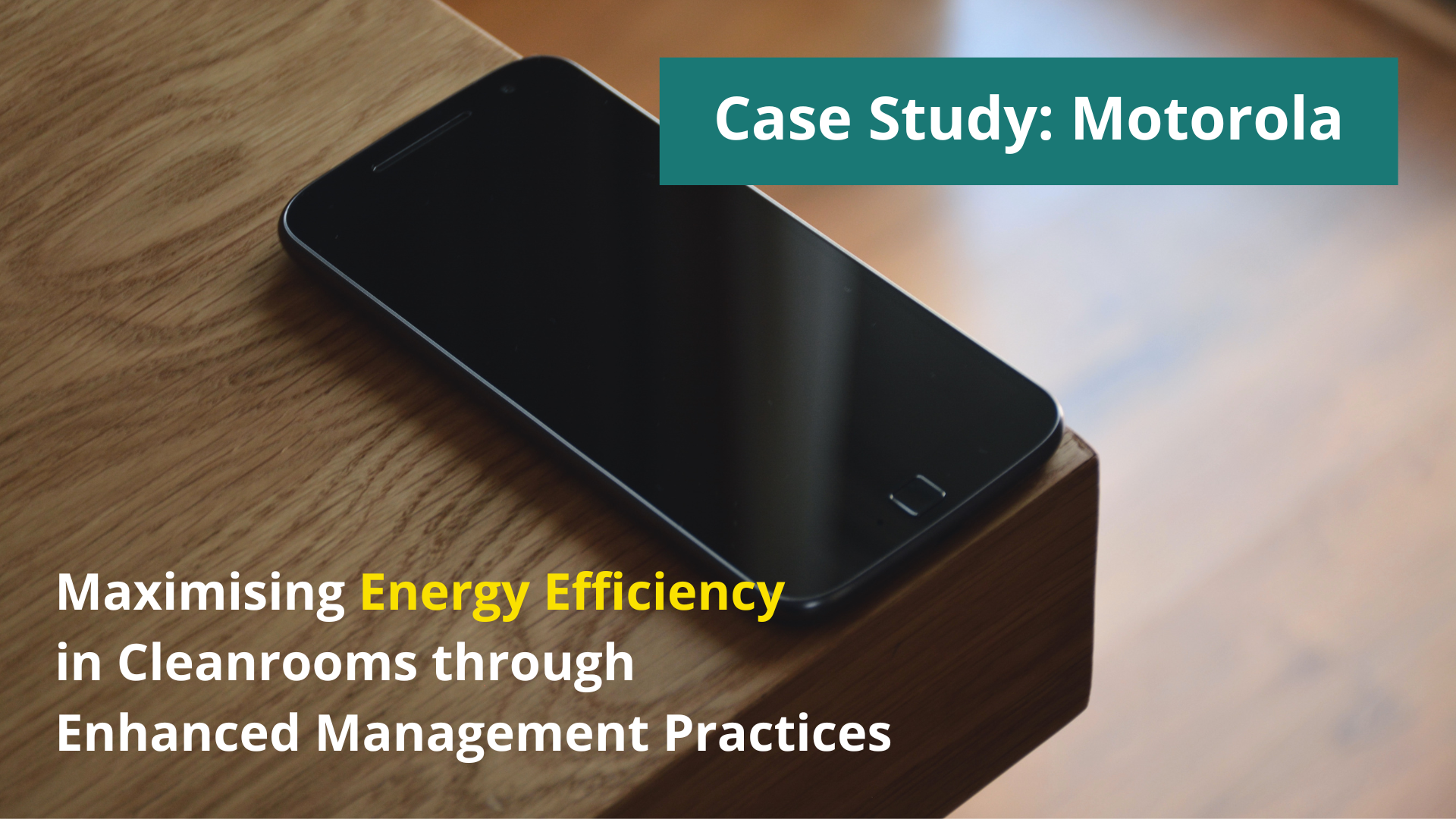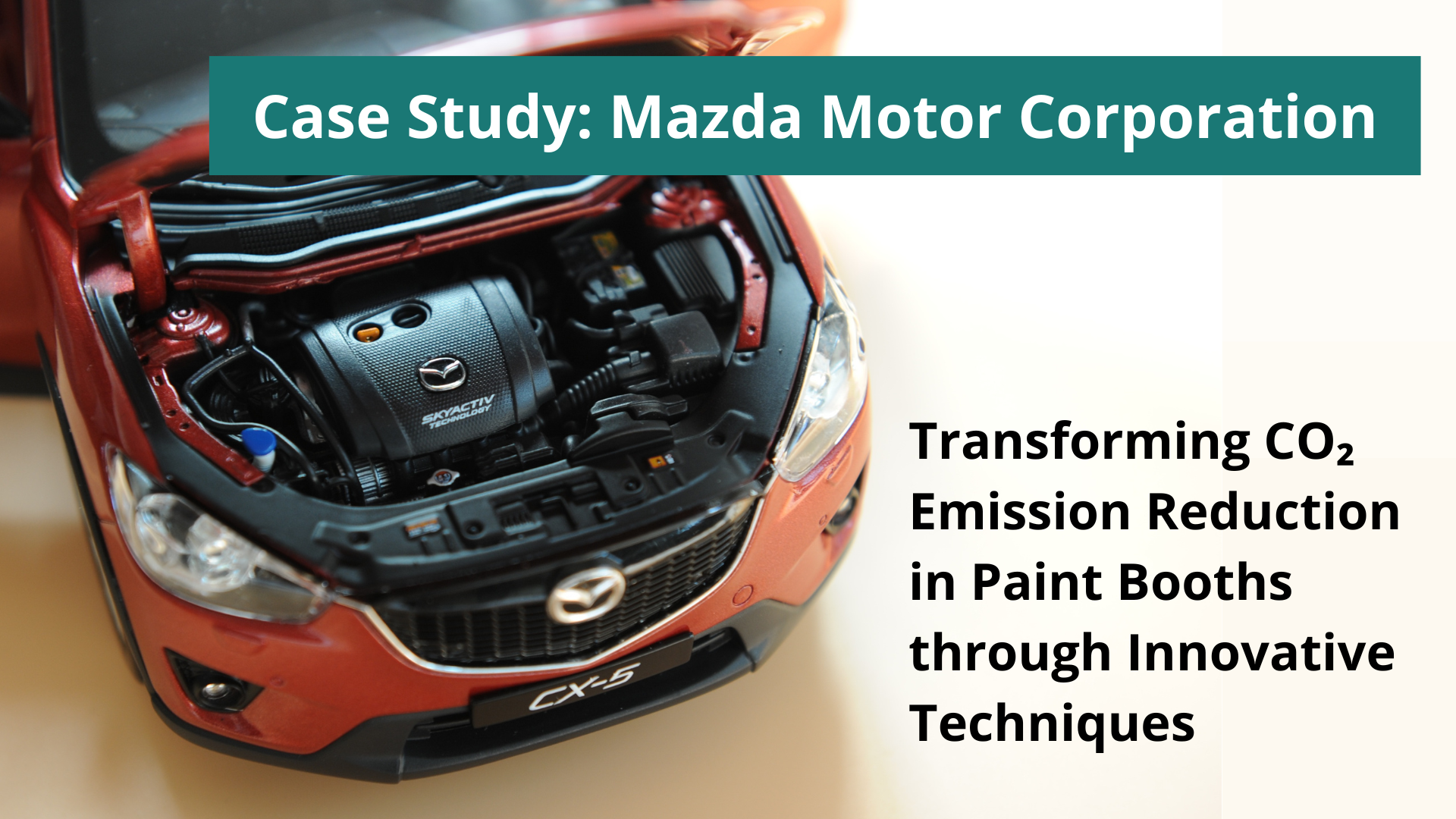
EASA Part 21G, ISO 9001 and AS 9100 are crucial standards in the Aerospace and Defence industry.
These quality management standards set out the aviation industry’s guidelines, policies, and procedures to operate efficiently and effectively. Even though all such standards aim to provide a comprehensive framework for a quality management system within the aviation industry, they vary. Let’s look at the key differences between EASA Part 21G, ISO 9001 and AS 9100.
EASA Part 21G
EASA Part 21G is different from the other two standards, and the QMS requirements are listed in chapter 21.A.139 of the regulations. The difference between EASA and the others lie in the scope of the regulation. ISO 9001 and AS 9100 covers every aspect of the aviation industry. You’ll find guidelines on customers’ expectations, design and development, supply chain, manufacturing activities and more.
On the other hand, EASA part 21G is limited to product realisation and delivery. Furthermore, the regulation focuses on the operational side of product realisation, while the other two provide a more comprehensive guideline on every aspect of organisational management. In certain aspects, EASA has tougher requirements than the other two standards.
ISO 9001 & AS 9100
ISO 9001 was created by the International Organisation for Standardisation and is responsible for creating and maintaining QMS, particularly in the aviation industry. You need to have these certifications if you’re a contractor or manufacturer looking to make a mark on the industry. AS 9100 is maintained by the International Aerospace Quality Group and takes inspiration from ISO 9001.
From a broader perspective, there seems to be little to no difference between both standards. However, from a closer look, these standards might not seem as similar as they look. AS 9100 has some special requirements or critical items that you need to adhere to. The standard has some additional requirements in the following areas:
- Counterfeit Part Prevention
- Product Safety
- Operational Planning and Control
- Key Characteristics and Critical Items (AS 9103)
- Management Representation
- Monitoring and Measuring Equipment
- Awareness of Employees
- Unintended use of obsolete documents
- Operational Risk Management
- Configuration Management
- Transfer of Work
- Supplier Approval and Control
- Special Processes
- Traceability
- Post-Deliver Activities
- First Article Inspection (AS 9102)
AS 9100 mirrors ISO 9001 to a certain degree, even though they are intertwined and closely related. Any changes to ISO 9001 affect the other standard and needs to be addressed immediately to ensure compliance. There is more emphasis on AS9100 within the Aerospace and Defence Industry, as it is the go-to quality management system for businesses.
Implementing a quality management system that adheres to EASA Part 21 G standards, ISO 9001 and AS 9100 can be difficult. You might need expert help if you don’t have the necessary in-house expertise to implement a robust QMS. EQM Consult can help you achieve compliance with all the above standards.
We provide affordable internal audit packages and help small and medium sized businesses to receive their quality compliance. We provide comprehensive environmental management system audits and internal quality management system audits. You can check our website for more information about the services, or contact us for a consultation.

Ph.D. Beata Paliwoda
Founder and Owner of EQM. Environmental and quality consultant and auditor. Professional career built in Quality Assurance departments in various companies from the automotive, aerospace, railway industries, as well as a management systems consultant. Successfully completed many complex projects related to the implementation of management systems, process improvements and business transformation. Auditor of ISO 9001, ISO 14001, AS 9100, project manager of APM, lecturer at the Poznan University of Business and Economics, researcher on the effectiveness of EMS and QMS in organisations.





